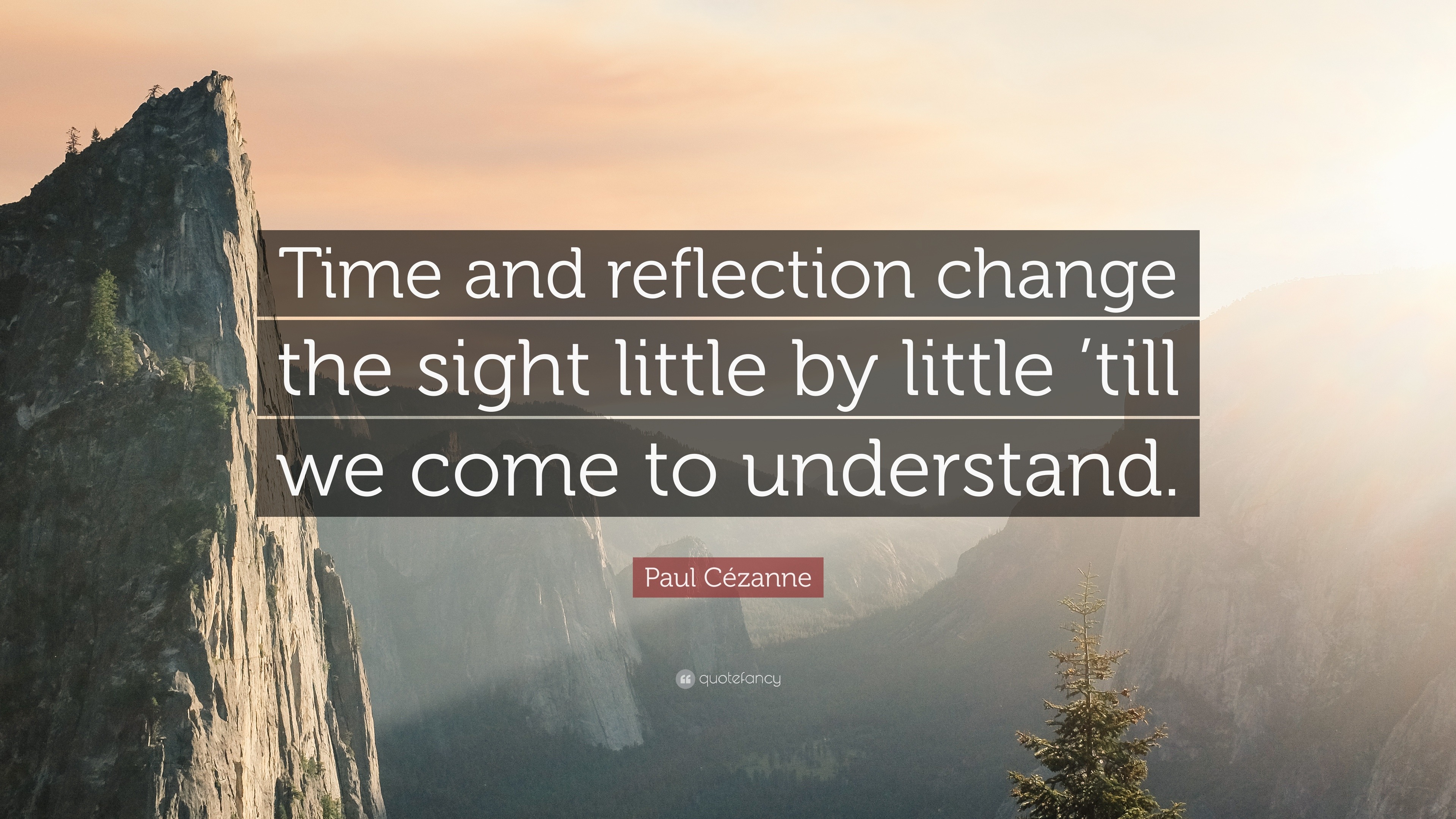

But we’re still learning how to do this better, and our own reflections have raised several other challenges we’ll tackle moving forward. We learnt a great deal about supporting reflection across the Victoria, Canada and Colombia cohorts (see the end of the blog for more details on what we did), and we thank them for being so open to new approaches.

It can happen alone, or in pairs, or in small groups. It’s a conversation, an action, an observation, a singular confrontational question, a moment. How do we support reflection into action? There needs to be a degree of sense-making post-reflection, where answers to the all-important ‘what now’ questions are addressed. There has to be a purpose and this purpose has to be explicit. Reflection can’t be done for the sake of it, it isn’t just a ‘nice to have’. We could challenge them, they could challenge us.

This frequency led to a comfort with and trust of the process, and increase the level of vulnerability with each other and the faculty. Participants were able to build a rhythm of reflecting in the week-long learning sessions we had. It demonstrates a range of styles and approaches to reflection and allows multiple people to bring their expertise and experiences into the mix, leading to more diverse conversations. Having a mix of facilitators appears useful. Having someone external to your organisation appears to enable more open conversations (maybe they suffer fewer ramifications from asking tough - but important - questions?). These qualities are needed to counter the defensiveness, habit and resistance that comes about with any change. People need to be curious, have a commitment to self development and a humbleness about what they know. There are certain prerequisites to doing reflection well. Because ultimately it will save time (and money?) down the track by not repeating behaviours or patterns that are no longer serving you. Carve it out, be precious, be greedy, be protective and make the time. Changing the scenery and backdrop can prompt different conversations. Also a different physical space is important, whether it be a separate notebook or having reflection conversations while walking around the park. There should be no judgement attached to the reflection. You’re asking people to expose themselves, to be vulnerable, to talk about concerns and weaknesses.


 0 kommentar(er)
0 kommentar(er)
